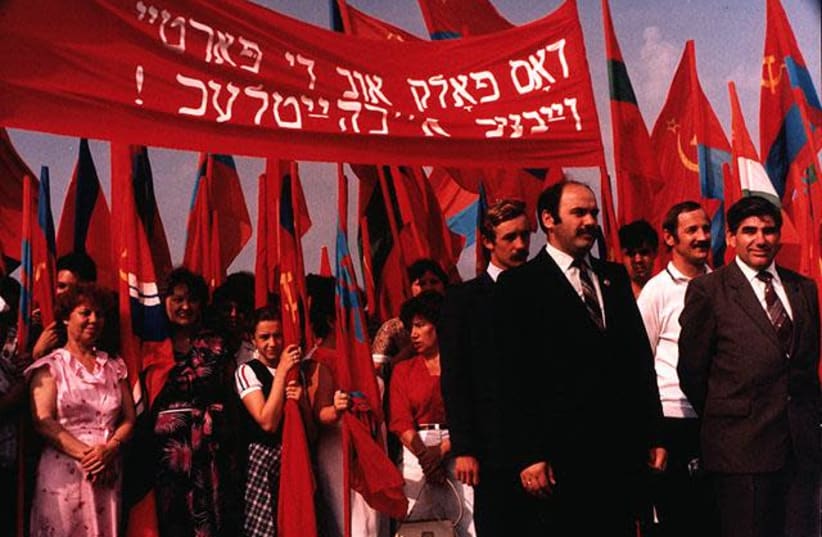What did people actually know and how did the public in the Soviet Union react to the events of the Holocaust during World War II and in the years following?This topic will be the focus of an international conference entitled The Holocaust as Reflected in Public Discourse in the Soviet Union during the Stalinist Period, 1941–1953, at Yad Vashem, the World Holocaust Remembrance Center, on December 2-3. The conference, which will uncover new findings on this subject, is scheduled to take place within the framework of the Moshe Mirilashvili Center for Research on the Holocaust in the Soviet Union, part of Yad Vashem’s International Institute for Holocaust Research.
Dr. Arkadi Zeltser, director of the Moshe Mirilashvili Center, explains that the conference will primarily focus on how the intellectuals in the Soviet Union responded to the news of the horrific events that were occurring at that time. Both Jewish and non-Jewish intellectuals felt the need to react to the challenge of the Jewish tragedy. “They looked for a way to emphasize the Jewish perspective, while officially maintaining the Soviet line.”
Conference sessions will focus on the Yiddish writings of such well-known Russian Jewish poets such as David Hofshteyn and Peretz Markish, and writers such as David Bergelson and Der Nister (Pinchas Kaganovich). Another topic of interest that will be addressed is the Soviet press coverage of the Holocaust during that period. The conference will also discuss other means by which information was disseminated, such as photography, and museum exhibitions during that period.
The two-day conference will be open to the public, and will be conducted in English and Hebrew, with simultaneous translation available in English, Hebrew and Russian.
